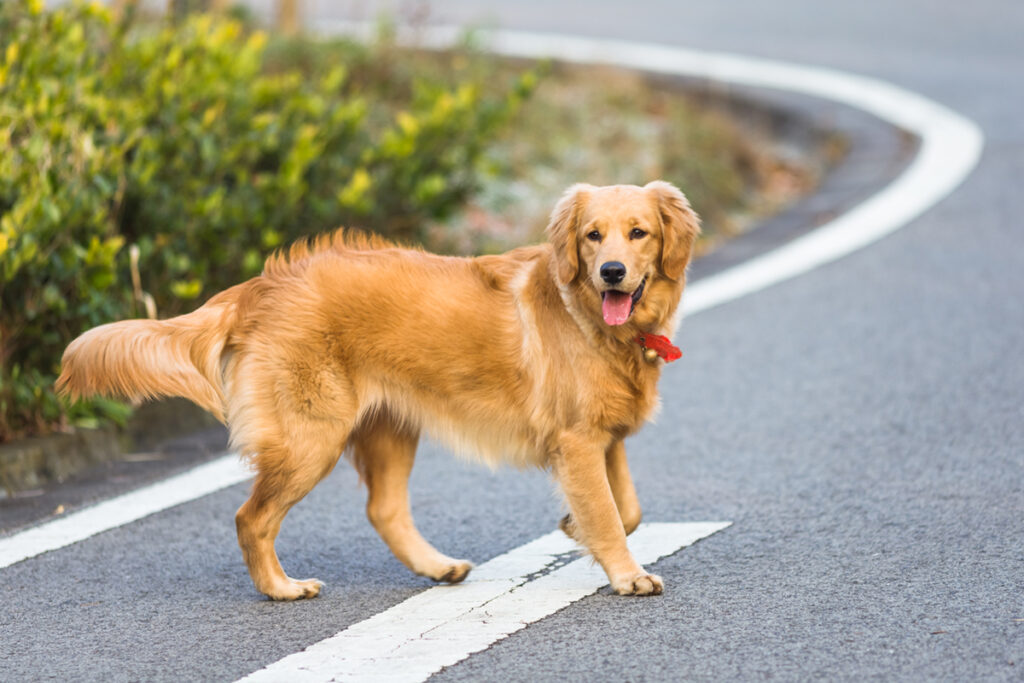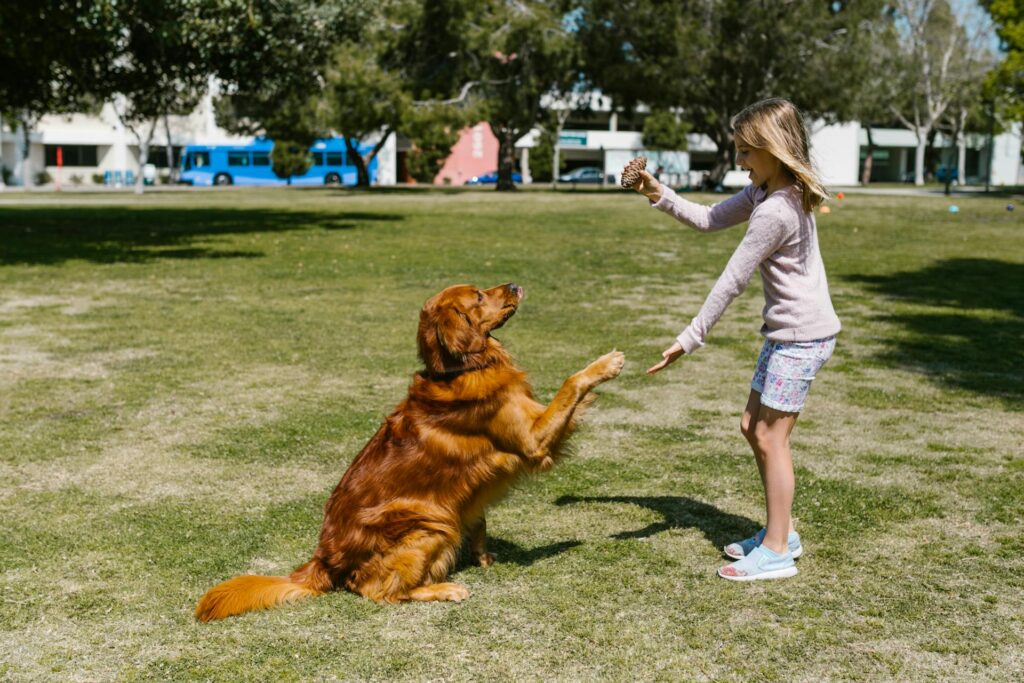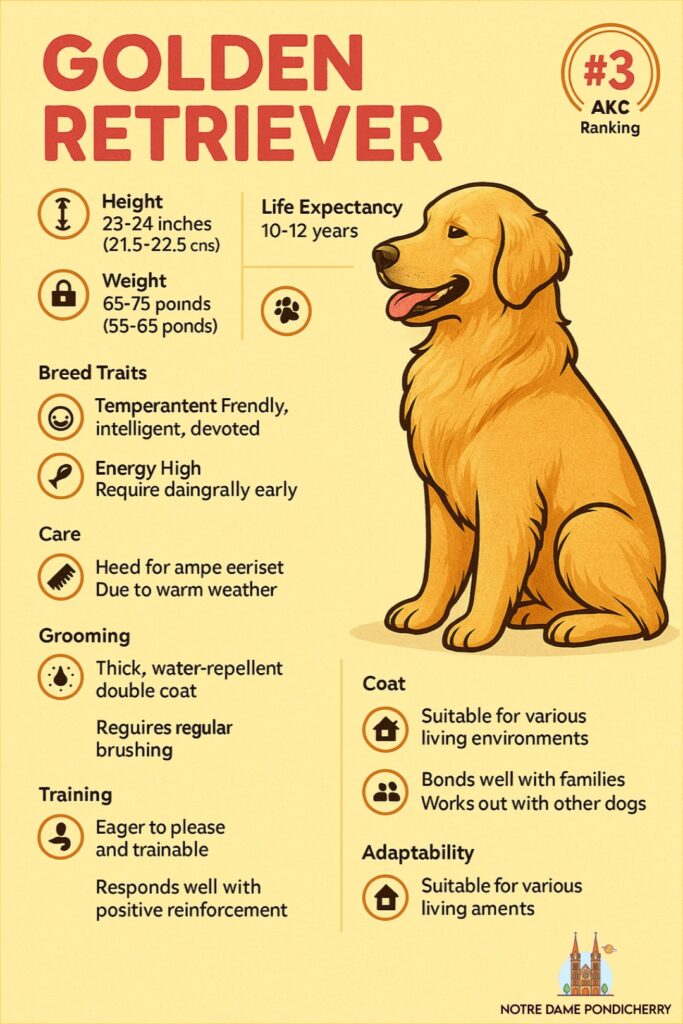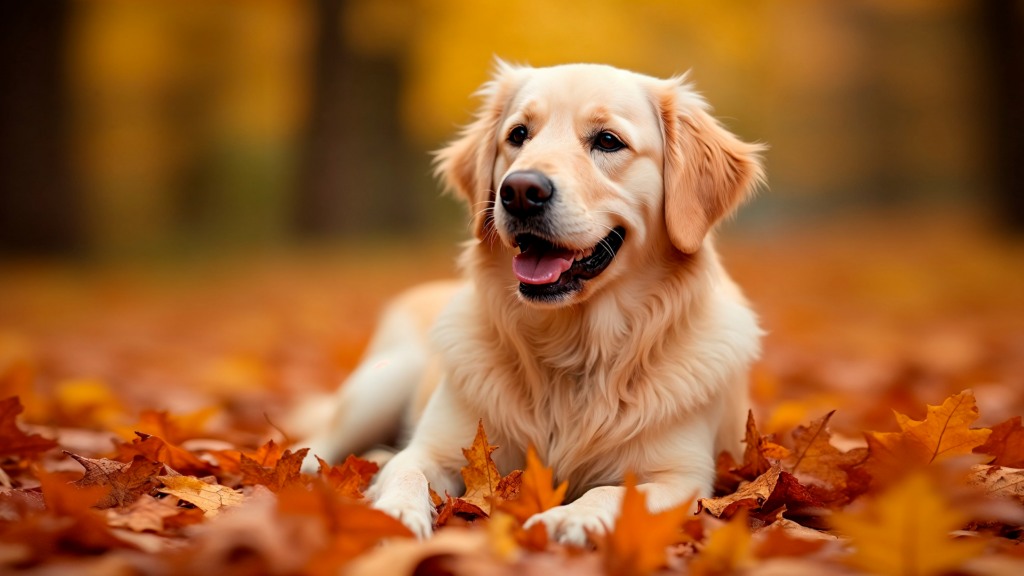Thinking of Getting a Golden Retriever? Read This First – Few dogs capture hearts quite like the Golden Retriever.
With their soulful eyes, wagging tails, and perpetually happy demeanor, these furry bundles of joy are often considered the epitome of what makes dogs so special—loyalty, kindness, and an unshakable zest for life.
Whether they’re splashing in lakes, playing fetch with kids, or simply melting into your lap for cuddles, Goldens have earned their reputation as one of the most beloved dog breeds worldwide.
But while their charm is undeniable, owning a Golden Retriever comes with unique responsibilities that every prospective owner should understand before bringing one home.
If you’re considering adding this iconic breed to your family, here’s everything you need to know to ensure a happy, healthy partnership.
Table of Contents
- 1 Origin and History
- 2 Personality Traits
- 3 Physical Characteristics
- 4 Exercise and Training Needs
- 5 Grooming and Shedding Levels
- 6 Health Concerns
- 7 Dietary Needs
- 8 Compatibility with Children, Other Pets, and Households
- 9 Tips for First-Time Owners: Building a Strong Bond
- 10 Conclusion: Is a Golden Right for You?
Origin and History

Golden Retrievers trace their roots back to 19th-century Scotland, where they were developed by Lord Tweedmouth to be skilled hunting companions capable of retrieving game from land and water.
Their intelligence, trainability, and gentle mouths made them ideal for the task—and today, those same traits make them exceptional service animals, therapy dogs, and cherished family pets.
Also Read: Everything to Know Before Bringing Home a Labrador
Over time, Goldens evolved from working retrievers to all-around superstars, excelling in roles ranging from search-and-rescue missions to starring in heartwarming Instagram posts.
Understanding their origins helps explain why they thrive on activity, mental stimulation, and human connection.
Personality Traits

If there’s one word to describe a Golden Retriever’s personality, it’s “friendly.”
These social butterflies adore people of all ages and rarely meet a stranger—they’re more likely to greet newcomers with a wagging tail than suspicion.
Known for their patience and affectionate nature, Goldens form deep bonds with their families and are happiest when included in daily activities.
Intelligent and eager to please, they excel at obedience training and love learning new tricks.
However, their high energy and occasional stubborn streak mean they require consistent guidance and plenty of engagement to stay out of trouble.
Physical Characteristics

Golden Retrievers are medium-to-large dogs, typically weighing between 55-75 pounds and standing 21-24 inches tall at the shoulder.
Their luscious double coats come in shades of cream, gold, and dark golden hues, providing insulation against cold weather and water resistance during swims.
While undeniably beautiful, their thick fur sheds heavily year-round, earning them the nickname “golden tumbleweeds.”
Regular grooming is essential to keep their coats shiny and mat-free.
Athletic and sturdy, Goldens are built for action but also adapt well to quieter moments indoors.
Also Read: Looking for a Chill Pup? These 7 Breeds Fit the Bill
Exercise and Training Needs
Goldens are bursting with energy and need at least 60-90 minutes of vigorous exercise daily to stay physically and mentally stimulated.
Activities like long walks, runs, hikes, swimming, or games of fetch are perfect outlets for their boundless enthusiasm.
Without enough exercise, they may resort to destructive behaviors like chewing furniture or digging holes.
Training is relatively straightforward thanks to their eagerness to please, but consistency is key.
Start early with basic commands and socialization to ensure they grow into well-mannered adults.
Puzzle toys and interactive games can help channel their sharp minds and prevent boredom.
Grooming and Shedding Levels
Let’s talk about shedding—for anyone considering a Golden Retriever, prepare for a lifetime of vacuuming!
Their thick double coat sheds moderately throughout the year and heavily during seasonal changes (spring and fall).
Daily brushing with a slicker brush or de-shedding tool helps minimize loose hair and prevents mats.
Bathing should be done every few months or as needed, especially if your Golden loves rolling in mud or jumping into ponds.
Pay attention to their ears, which can trap moisture and debris, leading to infections.
Regular nail trims, teeth brushing, and paw care complete their grooming routine.
Health Concerns
While generally robust, Golden Retrievers are prone to certain health issues that potential owners should monitor:
- Hip Dysplasia: A genetic condition affecting joint mobility; maintaining a healthy weight reduces risk.
- Elbow Dysplasia: Similar to hip dysplasia, impacting elbow function.
- Cancer: Unfortunately, Goldens are predisposed to various forms of cancer, including lymphoma and hemangiosarcoma.
- Eye Conditions: Issues like cataracts and progressive retinal atrophy (PRA) can affect vision.
- Heart Problems: Subvalvular aortic stenosis (SAS) is occasionally seen in the breed.
Regular vet check-ups, a balanced diet, and preventive care go a long way in ensuring your Golden stays healthy and active.
Reputable breeders screen for common genetic conditions, so always ask about health clearances when adopting.
Dietary Needs
Feeding a Golden Retriever requires careful attention to portion control and nutrition.
High-quality commercial dog food or a balanced homemade diet tailored to their age, size, and activity level is ideal.
Avoid overfeeding, as Goldens are prone to obesity, which can exacerbate joint problems.
Split meals into two portions per day to aid digestion and reduce the risk of bloat.
Treats should be limited to no more than 10% of their daily caloric intake.
Consult your veterinarian for personalized recommendations, especially if your Golden has specific dietary needs due to health conditions.
Compatibility with Children, Other Pets, and Households
Goldens are famously patient, gentle, and protective, making them fantastic family dogs.
They adore children and often act as built-in playmates, though supervision is always recommended to prevent accidental injuries caused by exuberant play.
With proper introductions, Goldens typically get along well with other pets, including cats and smaller dogs.
Their pack-oriented nature means they enjoy being part of a bustling household where they can soak up attention.
First-time dog owners will appreciate their forgiving nature and willingness to learn, though commitment to training and exercise is still essential.
Also Read: 6 Independent Dog Breeds That Prefer Their Own Space
Tips for First-Time Owners: Building a Strong Bond
Owning a Golden Retriever is a journey filled with laughter, love, and endless tail wags—but it’s also a responsibility that demands time, effort, and dedication.
Here are a few tips for success:
- Prioritize Socialization: Expose your Golden to diverse environments, people, and animals early to build confidence and prevent fear-based reactivity.
- Create a Routine: Consistency in feeding, walking, and training helps Goldens feel secure and well-adjusted.
- Provide Mental Stimulation: Interactive toys, puzzle feeders, and advanced training sessions keep their sharp minds engaged.
- Be Patient: Goldens are sensitive souls who respond best to positive reinforcement and gentle corrections.
Conclusion: Is a Golden Right for You?
Golden Retrievers are the ultimate blend of beauty, brains, and heart—but they’re not the right fit for everyone.
Before committing to this loving breed, take a close look at your lifestyle.
Do you have the time and energy to provide ample exercise, training, and grooming?
Are you prepared for the financial investment required for healthcare and quality food?
If the answer is yes, then congratulations—you’re ready for a lifetime of unconditional love and joyful companionship.
A well-cared-for Golden Retriever will repay you tenfold with loyalty, laughter, and countless memories.
So if you’re ready to open your home and heart to a Golden, embrace the adventure—and know that with the right care, your pup will become your greatest source of happiness.




